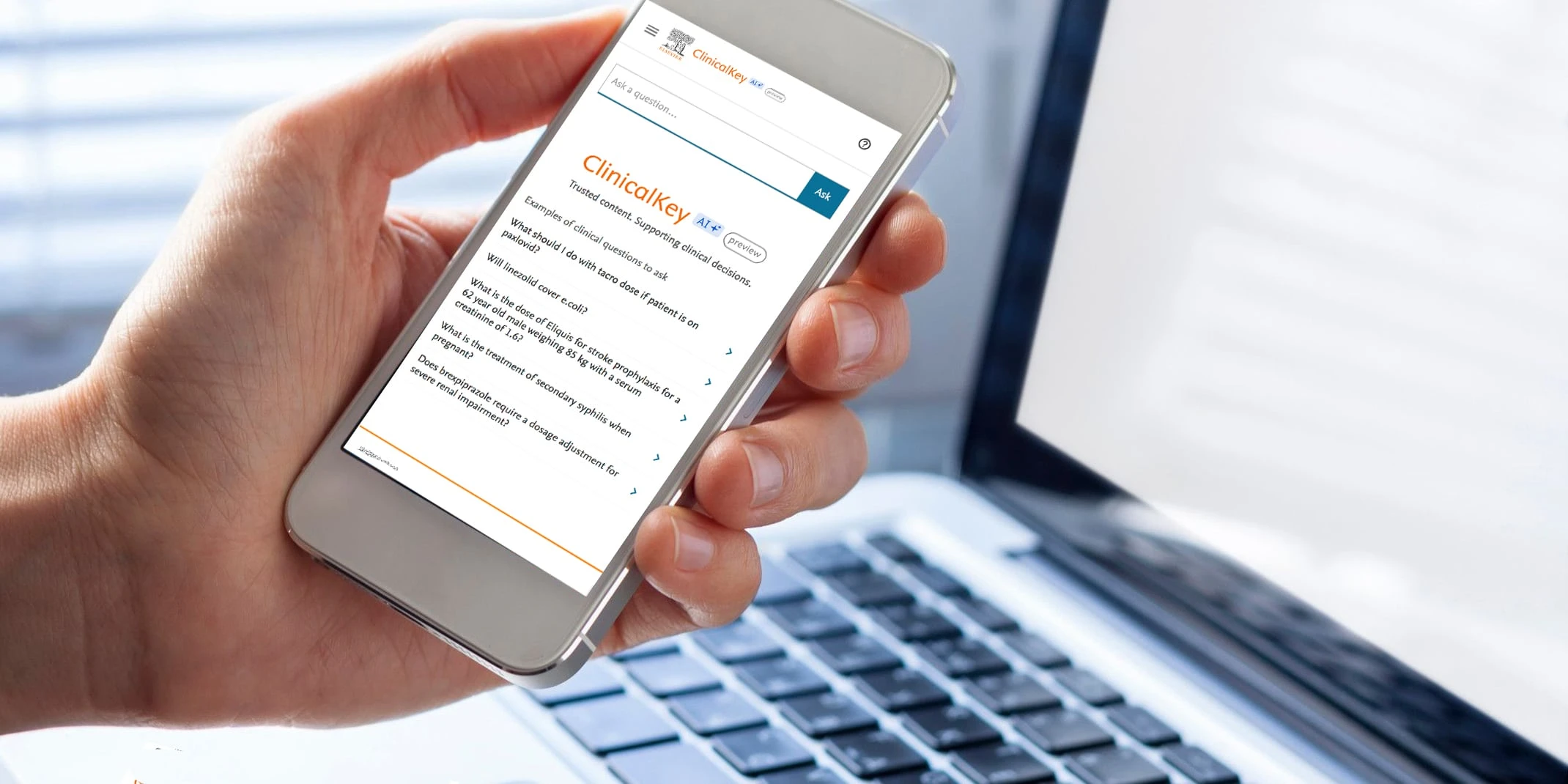독점: AI를 활용한 환자 진단을 돕는 새로운 파트너십
2023년 11월 15일

Scientific information and data analytics giant Elsevier is partnering with a medical startup to give doctors the ability to use generative AI to access the most up-to-date medical research as they treat patients in real time.
Why it matters: Experts say the adoption of AI could dramatically improve the quality of care patients receive — while also lowering costs, cutting wait times and expanding access.
"Most things don't create a net aggregate benefit," said Daniel Nadler, founder of OpenEvidence, the Cambridge, Mass. AI startup that's training on Elsevier's massive collection of medical journal data.
Usually someone wins and someone else loses, argued Nadler. But this is "a net aggregate benefit to every participant in the system."
How it works: Elsevier is working with OpenEvidence to create ClinicalKey AI, a tool that allows doctors to input symptoms, explore drug interactions and get results that include data and information from hundreds of medical journals and other verified sources.
Elsevier Health president Jan Herzhoff sees ClinicalKey AI as a potential "game-changer," estimating that half of all medical decisions can eventually be supported by generative AI.
Elsevier said it is working with 1,000 clinicians this month in an early access program with plans to release the tool more broadly next year.
The big picture: What's happening in medicine is indicative of how AI is poised to reshape many industries.
It's not about typing into a generic AI system like ChatGPT or Bard, but rather combining the power of the models with domain-specific data.
The result is that far fewer errors and "hallucinations" can occur than when querying a generic tool trained on the broader Internet....